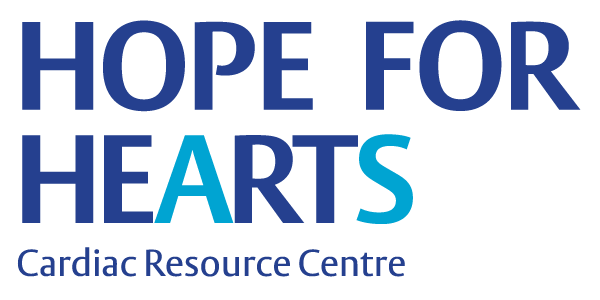Cardiovascular diseases are a leading cause of adult death in Australia today.
We all know that good heart health is critical, but seeing a new doctor or cardiologist can be a daunting experience, especially if you present with symptoms related to cardiovascular disease.
Nonetheless, attending an appointment with a cardiologist is a major first step to better understanding your heart health and potentially early detection of serious health issues.
It is important to note that in Australia (due to Medicare requirements), all specialist appointments require a referral from a general practitioner. Meaning that patients will need to book in with their regular doctor (GP) to speak about their symptoms or concerns in order to obtain a referral to a cardiologist.
Make the most of your appointment with these five key questions:
1. What tests will I be required to take and why?
Your blood pressure and the functioning of your heart, arteries, and lungs will all likely be examined by a cardiologist using a range of testing methods during your appointment. Understanding what these tests are, what they measure, and why they are required can reduce any potential uncertainty-related anxiety.
A simple stethoscope applied to your chest can listen for a murmur, an abnormal blood flow through the heart valves, and ensure that your lungs are not the obvious cause of some symptoms such as shortness of breath.
Testing processes may require patients to have blood taken, have sticky pads and wire leads placed on the chest/arms/legs for heart rate monitoring, evaluation of heart rhythm (such as an electrocardiograph or ECG), perform physical activities (such as a stress test), or undergo an ultrasound heart scan (echo). Some simple diagnostic tests may involve more invasive procedures, such as a coronary angiogram, which look for arterial blockages that may lead to a heart attack. Your cardiologist will explain the reason and benefits/risks of these tests.

2. What is my future risk of a cardiovascular problem?
Establishing your risk for future cardiovascular problems will inform the care required moving forward.
Specialists use several tools to calculate potential risk in the long term. Common risk factors for heart disease include, your age, cholesterol, diet, levels of exercise, and blood pressure. Some pre-existing medical conditions may also increase the risk of cardiovascular disease. A conversation with your cardiologist about your individual risk factors will allow you to understand the need for ongoing care and how medications may help reduce these risks.
3. What symptoms should I look out for and what should I do if they present?
If you have been referred to a heart specialist, you likely have already presented with heart-related symptoms or are concerned for your heart health. Learning to better detect, manage, and report symptoms of heart disease is a proactive step in managing a potential cardiac condition.
These symptoms may indicate the first signs of cardiovascular disease. Important symptoms to look out for include:
- Chest pain,
- Shortness of breath,
- Palpitations,
- Arrhythmias – irregular heart rhythm,
- Weakness/dizziness,
- Nausea,
- Sweating.
Call for emergency medical assistance (000) immediately if you suspect you are experiencing any of these symptoms or any other concerning symptoms.
4. Could a lifestyle change improve my condition?
Cardiovascular disease is greatly influenced by lifestyle factors such as physical activity, diet, weight, stress, and sleep. Ask your cardiologist what lifestyle changes may positively influence your heart health.
You may be referred to another specialist to aid you in this process, such as a dietitian, occupational therapist, pharmacist, or physiotherapist/exercise specialist. There are also specialist cardiologists who may be able to manage specific aspects of your condition whom you may be asked to see.
5. Why do you suggest this course of action/treatment/medication?
All modern healthcare is individualised, and the treatments offered for you may differ from those who may also have a similar condition, yet a very different risk profile or other pre-existing conditions.
This question provides an opportunity for your heart specialist to explain the treatment pathway, risks, benefits and options available for you. They will likely explain the success and goals of the treatment plan, listen to your concerns, and likely make a plan if the preferred treatment is not as effective as expected.

Attending your appointment ready and prepared will allow for easy communication between you and your cardiologist. Writing down a list of questions, concerns, or topics of interest is a great way to prepare.
It is important to remember that healthcare providers are here to help you achieve the best health outcomes in a way that works for you and your family.
Disclaimer This information is general and not conclusive. Follow any guidelines and advice from your doctor or specialist, health care, or multidisciplinary team, for your personalised patient-centred needs and care. Inquire about a patient advocate group regarding your specific needs. Call 000 if you are experiencing chest pain.
To find a GP or a Cardiologist near you, visit www.hopeforhearts.com.au
Connect the Docs www.connectthedocs.com.au is a medical marketing agency specialising in therapy awareness campaigns, educating medical professionals and patients about common conditions.

